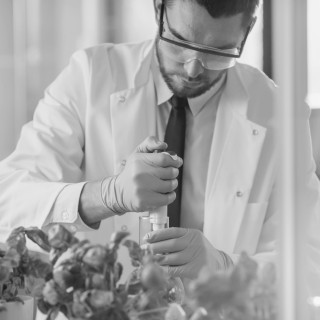
NEW REGULATION 2015/2283 ON NOVEL FOODS WHAT IS REALLY NOVEL AND IMPACTS YOUR BUSINESS
Jan 02, 2016
You probably know that the new Novel Food Regulation has finally become law, and heard about insects, cloning, nanomaterials and other ânewsyâ pieces of information from the media. But the new rules have brought crucial changes that affect your daily practice and need to be acted upon. Some of them consecrate current administrative practices, while others are completely new. We summarize them below
1. The definition of novel food has been expanded. For example, it is now clarified thatall botanical extracts not used before May 15, 1997 are novel (the legislator has added âproduced fromâ to the old formula âconsisting of or isolated from plantsâ). Because of this expanded definition (which also includes vitamins and minerals manufactured with a new production process including nano-engineering), ingredients which were not novel until now may become novel as from the entry into force of the Regulation and will need to be authorized according to the new rules.
2. The concept of ânew production processâ is clarified: as a production process not used for food production within the EU before May 15, 1997.
3. Traditional food from third countries benefit from a simplified procedure if they have been consumed (i) as part of the customary diet; of a (ii) significant number of people for (iii) at least 25 years. They should derive from primary production only. There is no further clarification on what those criteria mean in practice except that non-food uses or uses not related to normal diets do not count.
4. The previous step of obtaining the green light from a national authority is over and a new centralised authorisation system will be in place as from 2018. The application will be treated directly by EFSA and the Commission. With new deadlines in place, the Commission expects that the average time goes down from 3.5 to 1.5 years.
5. Once a novel food is authorized, it will be added to a positive list and there will be no need to apply for substantial equivalence in order to use it. This will occur only as from the beginning of 2018, when any pending substantial equivalence application will be obsolete and without purpose.
6. To protect the investment of the applicants, there is a period of 5 year of data protection, which means that the newly developed information used to get approval cannot be used by other applicants. This may provide a monopoly on the marketing of the food or food ingredient for 5 years, unless the applicant agrees to share the data or if another applicant obtains their own information to get approval.
7. You can now formally ask the authorities of the EU country where you are seeking to first market the novel food about whether there is information about human consumption before May 15, 1997. The Commission is still to set up the rules and deadlines for this consultation. A similar procedure for the Commission to determine whether a food falls into the definition of novel food is envisaged.












